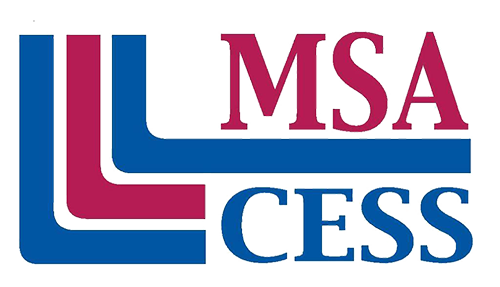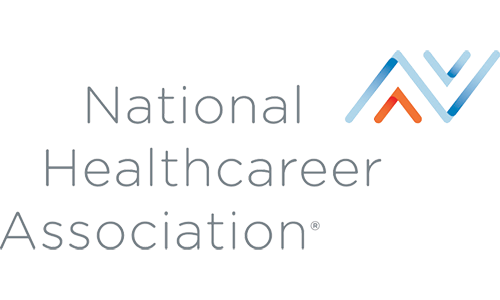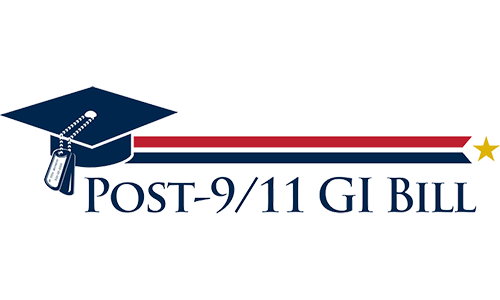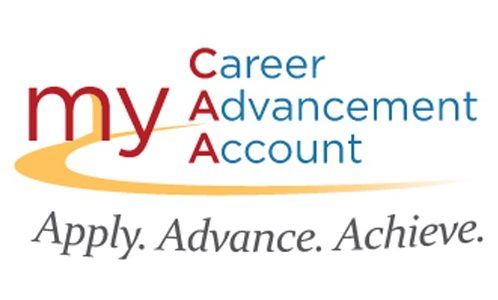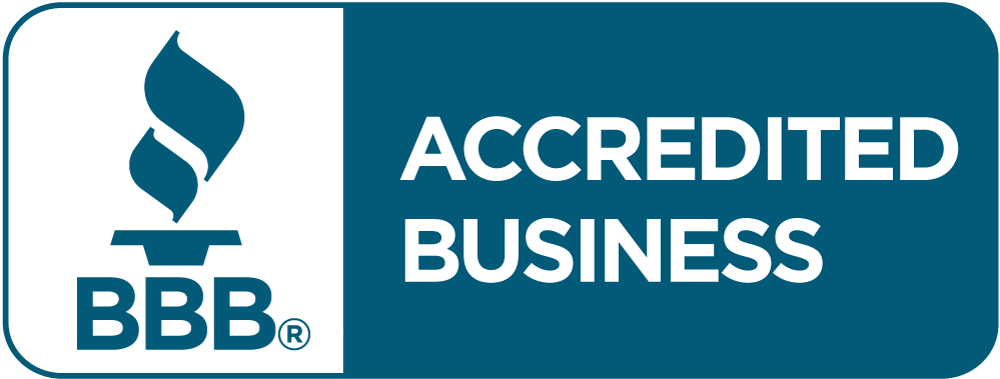Medical billing and coding specialists are an important part of a healthcare team, responsible for making sure procedures are accurately classified and billed. If you’re preparing for an interview for this in-demand career, it’s a good idea to familiarize yourself with some common questions potential employers might ask. These interview question examples will help you prepare answers and feel comfortable and confident.
1. Tell me a little bit about yourself.
This standard opening interview question may seem straightforward, but its open-ended nature can make it tough to answer. It’s best to concentrate on your professional background and training rather than personal interests when answering this question.
Example: “I recently finished the Medical & Dental Administrative Assistant program at ACI Medical & Dental School. There, I was certified and trained in reviewing patient records, submitting claims, and all of the guidelines and responsibilities of medical billing and coding. I take great pride in my attention to detail.”
2. How much work experience do you have in medical billing and coding?
If you’ve worked as a medical billing and coding specialist before, talk about where you worked and for how long. If you’re new to the workforce, talk about the 180-hour on-site internship you completed through ACI Medical & Dental School.
Example: “I just finished a 180-hour internship at a local pediatrician’s office. There, I learned a lot about performing medical billing and coding tasks in a real office. Now that I’m done with my training and practice, I’m eager to start a full-time job and keep advancing in this career.”
3. Which certifications do you have?
Employers will want to know that you have received proper certification in billing and coding from a respected school. Be sure to remember the specific certifications you’ve received.
Example: “I completed the Medical & Dental Administrative Assistant program at ACI Medical & Dental School, where I became a Certified Billing and Coding Specialist, Certified Medical Administrative Assistant, and Certified Electronic Health Record Specialist through the National Healthcareer Association.”
4. How are your computer skills?
This role will require you to be proficient with computers, so make sure to take notes and refresh your memory on the specific computer programs you trained in. Also be sure to mention your Electronic Health Record (EHR) training.
Example: “I have training in Electronic Health Records software, specifically the Example program. I have also learned how to process claims with Medicare, Medicaid, and private health insurance companies using the Example program. I am also experienced with all Microsoft Office programs.”
5. How will you ensure that you are following HIPAA guidelines?
HIPAA protocol is very important part of medical billing and coding, so it’s a good idea to brush up on patient privacy guidelines before the interview and be able to cite some examples.
Example: “I was trained in HIPAA protocol during my Medical & Dental Administrative Assistant program. At my internship, I learned to be careful about patient privacy, for example, only using patients’ first names in the waiting room, making sure that any family members of patients that call for information are listed on their form, and security procedures for keeping patient health information safe.”
6. What medical billing specialties do you have experience with?
Medical billing specialties refer to the type of care patients are receiving at a practice. Examples include urgent care, pediatrics, OB/GYN, and more. Employers will want to know if you have experience working in a facility like theirs before. Be honest about your experience, mention where you interned, and if there are some specialties you would like to learn more about.
Example: “During my internship, I did medical billing at a hospital where I got to learn about billing procedures for a wide variety of specialized care.”
7. Have you ever had to resolve a claim error in the clearinghouse?
Employers will want to check your familiarity with rejected claims in the clearinghouse or the online portal where medical billers submit claims to insurance companies. Use this question to demonstrate knowledge of the proper procedure when the insurance company rejects a claim due to an error.
Example: “When a claim gets rejected by the insurance company due to an error, I carefully study the claim to try and find the cause of the inaccuracy. First, I check the ERA (electronic remittance advice) to review each component of the claim. I compare this against the information in our EHR system and confirm that all of the patient and billing data is correct. I will also check any relevant notes from the provider. When I find the error, I update it in our EHR system and resubmit it to the clearinghouse.”
8. Have you ever had to deal with an angry or upset patient over the phone?
Medical billing and coding specialists are responsible for speaking to patients over the phone and must be able to respond calmly and professionally if they are upset or confused over the bill they receive. Explain how you used customer service best practices to help the patient understand their bill and resolve the situation.
Example: “I once had a patient call about their bills from a recent visit to the dermatologist. They were confused about why they received two separate bills and what the different amounts on the bill represented. I told them that I would be able to help them understand their bills. I explained that one bill was for their visit, and another was from the testing lab. I walked through their copay, what their insurance company was going to cover, and what was their responsibility to pay. They thanked me for clearing up the confusion, and I took their payment for the visit over the phone.”
9. Are you familiar with medical terminology?
In order to accurately code medical claims, medical billers, and coders will often need to read and interpret patient charts from doctors to determine what kind of care a patient received. Knowledge of medical terminology is critical to understanding abbreviations, procedures, conditions, and more.
Example: “My medical billing and coding certification program included training on medical terminology. Because of this, I am able to discuss patient records with the healthcare team, accurately code and submit claims, spot inaccuracies, and help patients understand their bills.”
10. How are you with time management?
Medical billers and coders have a lot of important responsibilities throughout the day, and prioritizing them effectively is a critical skill. Walk your interviewer through a typical organized daily routine.
Example: “I start the morning by checking and responding to emails and voicemails. Then I check the clearinghouse for any rejected claims. I correct any errors in the EHR system and then resubmit these claims. I then check for any completed claims from the previous day’s patients and submit them through the clearinghouse. I am also available to answer phone calls from patients throughout the day to answer any billing questions.”
11. Why do you want to work here?
It’s important to research a company before you interview with them. If this question comes up when talking to their recruitment team, have a specific answer about what you like about the workplace and what you can bring to the team. Avoid talking about personal motivations such as pay or an easy commute.
Example: “Example Hospital’s pediatrics department would be a good fit for me because I enjoy working with children. This would give me a great range of experience in billing and coding different procedures and care.”
12. Why are you the best candidate for this position?
When answering this question, you want to come across as confident but not conceited. Simply reiterate your training and experience, and state that you feel you would make a valuable member of the team.
Example: “I feel that my training, internship experience, and communication skills make me a strong candidate for this position. I am confident in all of the responsibilities in the job descriptions, and my skills will allow me to accurately code and bill medical claims.”
See Also:

